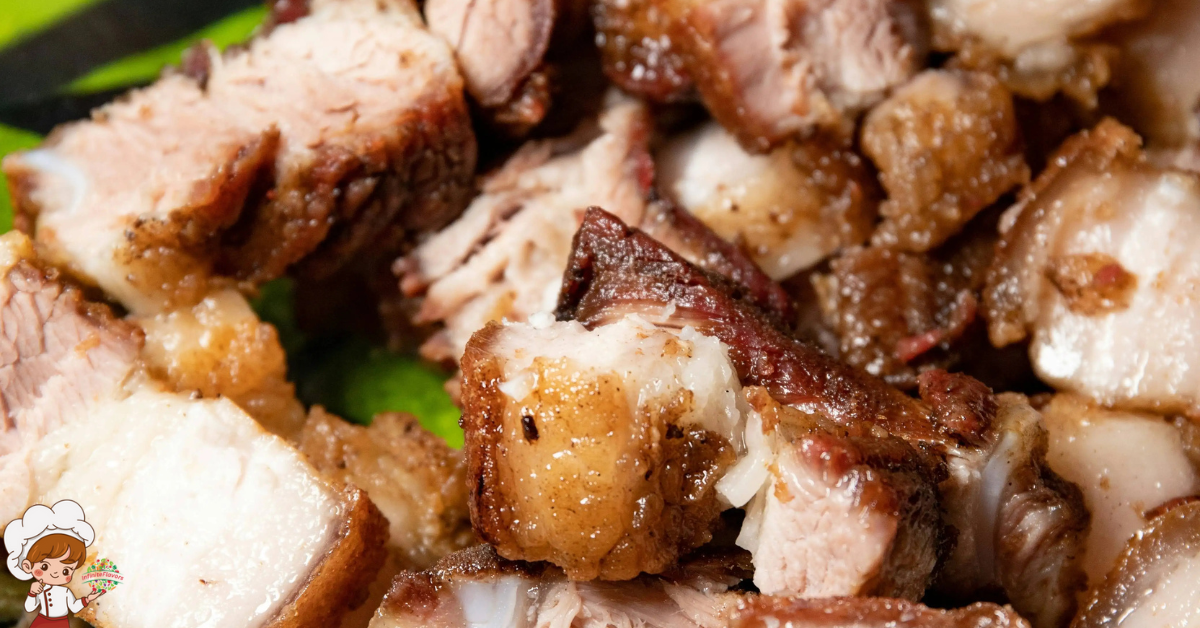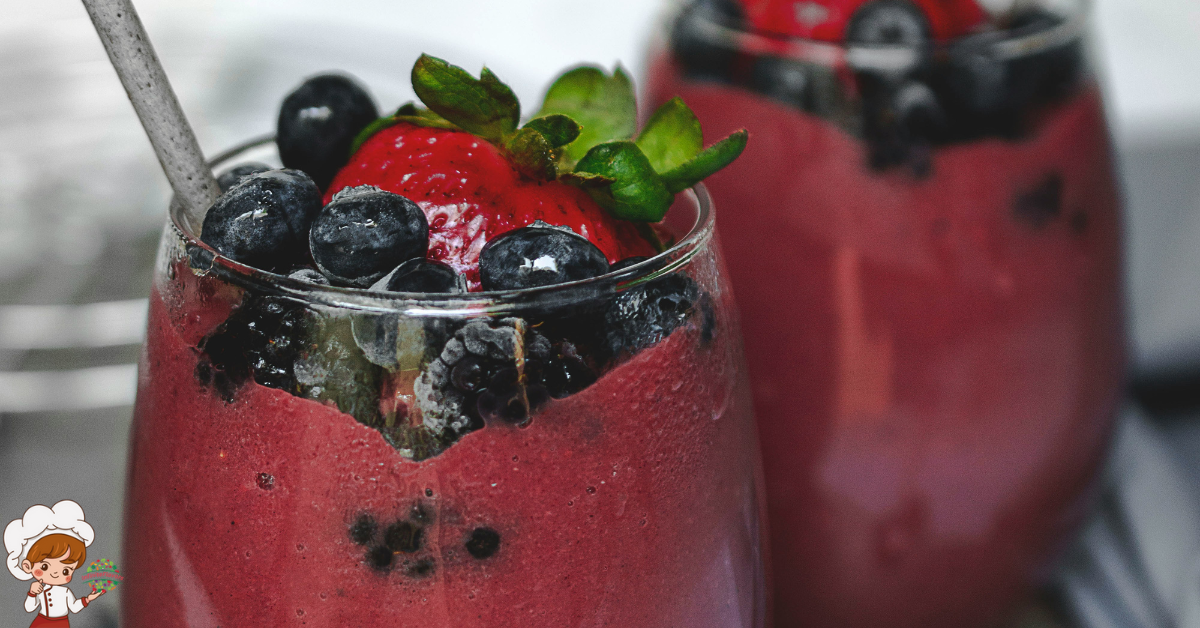Exciting Innovations in Plant-Based Protein Products

Innovations in Plant-Based Protein Products; Did you know that the global plant-based protein market is projected to reach a value of $16.3 billion by 2027? With the increasing demand for sustainable and ethical food options, more and more people are turning to plant-based protein products as a viable alternative to traditional animal-based proteins. From innovative plant-based burgers that taste remarkably like meat to dairy-free yogurts packed with protein, the market is constantly evolving to meet the needs of health-conscious consumers. But what are the latest innovations in this growing industry? Let’s explore some of the exciting plant-based protein products that are reshaping the way we eat and challenging our perception of what a protein-rich diet can be.
Plant-Based Burgers
Plant-based burgers have gained immense popularity in recent years due to their ability to provide a sustainable and nutritious alternative to traditional meat-based burgers. These burgers are made from plant-based ingredients such as legumes, vegetables, grains, and spices, and they offer a range of health benefits.
One of the advantages of plant-based burgers is their lower saturated fat content compared to meat-based burgers. Saturated fat is known to contribute to heart disease and other health issues. Plant-based burgers typically contain healthier fats, such as polyunsaturated and monounsaturated fats, which are beneficial for heart health.
Furthermore, plant-based burgers are a good source of fiber. Fiber is essential for maintaining a healthy digestive system and can help prevent constipation, lower cholesterol levels, and regulate blood sugar levels. By incorporating plant-based burgers into your diet, you can increase your daily fiber intake and support overall digestive health.
Plant-based burgers also provide a significant amount of vitamins and minerals. They are often fortified with essential nutrients, such as iron, calcium, and vitamin B12, which are commonly found in meat. These nutrients are important for energy production, bone health, and cognitive function.
Additionally, plant-based burger recipes allow for customization and creativity. You can experiment with different combinations of vegetables, legumes, and grains to create unique flavors and textures. From black bean burgers to mushroom burgers, the possibilities are endless.
Dairy-Free Yogurts
With the growing demand for plant-based alternatives, the focus now shifts to the realm of dairy-free yogurts, offering a wide range of options for individuals seeking a plant-based and lactose-free alternative to traditional dairy yogurts. Vegan yogurt options have become increasingly popular due to their numerous health benefits.
Dairy-free yogurts are typically made from plant-based sources such as soy, almond, coconut, or cashews. These alternatives are rich in essential nutrients like protein, calcium, and vitamins, making them a nutritious choice for those following a vegan or dairy-free diet. Soy-based yogurts, for example, are high in protein and can provide a similar amount as traditional dairy yogurts. Almond-based yogurts offer a creamy texture and are a good source of healthy fats. Coconut-based yogurts are rich in medium-chain triglycerides, which can provide a quick source of energy. Cashew-based yogurts are known for their smooth and creamy texture, making them a popular choice among consumers.
In addition to their nutritional benefits, dairy-free yogurts can also contribute to better gut health. Many vegan yogurt options contain live and active cultures, such as probiotics, which promote a healthy balance of bacteria in the gut. These probiotics can help improve digestion, boost the immune system, and enhance overall gut health.
Furthermore, dairy-free yogurts are often fortified with additional nutrients, such as vitamin D and B12, which are commonly found in dairy products. This fortification ensures that individuals following a plant-based diet receive adequate amounts of these essential nutrients.
Vegan Cheese Alternatives
Vegan cheese alternatives have emerged as a popular choice for individuals seeking a dairy-free and plant-based option to satisfy their cheese cravings. As more people adopt a vegan or lactose-intolerant lifestyle, the demand for vegan cheese substitutes has increased. Luckily, there are now a variety of plant-based cheese options available that mimic the taste and texture of traditional dairy-based cheese.
One of the main ingredients used in vegan cheese substitutes is nuts, such as cashews or almonds. These nuts are soaked and blended with water, nutritional yeast, and other flavorings to create a creamy cheese-like consistency. The nutritional yeast adds a cheesy flavor to the mixture, while also providing essential vitamins and minerals.
Another popular plant-based cheese option is made from soybeans. Soy-based cheeses are often fortified with calcium and vitamin B12, which are essential nutrients found in dairy cheese. These cheeses have a mild and creamy taste that can be easily melted and used in a variety of dishes.
In recent years, there have been advancements in the creation of vegan cheese alternatives that closely resemble the taste and texture of dairy cheese. Some companies are using fermentation techniques to create plant-based cheeses that have complex flavors and a more authentic cheese experience.
Nut and Seed Butters
Nut and seed butters offer a nutritious and versatile option for those looking to incorporate plant-based protein into their diet. These spreads are made from a variety of nuts and seeds, such as almonds, peanuts, cashews, sunflower seeds, and sesame seeds. They are a rich source of protein, healthy fats, fiber, vitamins, and minerals. Nut and seed butters can be used in a variety of ways to add flavor, texture, and nutrition to your meals and snacks.
One creative use for nut and seed butters is as a spread on toast or crackers. You can choose from a wide range of flavors, from classic peanut butter to almond butter or sunflower seed butter. Not only does it add a delicious taste to your snack, but it also provides a good amount of protein and healthy fats.
Another way to incorporate nut and seed butters into your diet is by adding them to smoothies. They can enhance the creaminess and richness of your smoothie while providing an extra boost of protein. You can also use them as a base for homemade energy balls or protein bars, combining them with other ingredients like oats, dates, and cocoa powder.
Nut and seed butters can also be used in savory dishes. They can be added to sauces, stir-fries, or salad dressings to provide a nutty and creamy flavor. You can even use them as a replacement for traditional dairy-based spreads in recipes like satay sauce or pesto.
Plant-Based Protein Powders
Plant-based protein powders offer numerous benefits for individuals looking to increase their protein intake. These powders are derived from plant sources such as peas, hemp, and brown rice, making them suitable for vegetarians and vegans. Popular plant-based protein brands include Vega, Garden of Life, and Orgain, which offer a variety of flavors and protein content to cater to different dietary needs.
Benefits of Plant-Based Protein
One of the notable advantages of incorporating plant-based protein powders into your diet is the potential for increased muscle recovery and growth. These powders are rich in essential amino acids, which are the building blocks of protein and play a crucial role in muscle repair and growth. Not only are plant-based protein powders a great source of protein, but they also offer several other benefits:
- Lower environmental impact: Plant-based protein powders have a significantly lower environmental impact compared to animal-based protein sources. Producing plant-based protein requires less water, land, and resources, making it a more sustainable choice.
- Health benefits: Plant-based protein powders are typically low in saturated fat and cholesterol, making them a healthier option for individuals concerned about heart health. They are also rich in fiber, which aids in digestion and promotes satiety.
- Versatility: Plant-based protein powders come in a variety of flavors and can be easily incorporated into smoothies, baked goods, or even savory dishes.
Popular Plant-Based Protein Brands
Several popular brands of plant-based protein powders are leading the market in providing high-quality, sustainable protein options for individuals looking to incorporate more plant-based sources into their diets. These brands offer a range of plant-based protein snacks and plant-based protein bars that are not only delicious but also packed with essential nutrients. One such brand is Vega, known for its clean, plant-based protein powders made from ingredients like peas, hemp, and flaxseed.
Another popular brand is Garden of Life, which offers a variety of plant-based protein powders that are organic and non-GMO. PlantFusion is also a notable brand, offering plant-based protein powders that are free from common allergens like soy, dairy, and gluten. These brands are paving the way for innovative plant-based protein products that are both sustainable and satisfying.
Meat-Free Meatballs
In the realm of alternative protein options, meat-free meatballs have emerged as a versatile and flavorful substitute for traditional meat-based counterparts. These plant-based alternatives offer a variety of benefits, making them a popular choice among those seeking to reduce their meat consumption or follow a vegetarian or vegan diet. Here are some key reasons why meat-free meatballs are gaining traction:
- Health-conscious: Meat-free meatballs are often made from nutrient-rich ingredients such as soy, beans, lentils, or mushrooms. These vegetables provide essential vitamins, minerals, and dietary fiber, making them a healthier choice compared to meat-based options. They are also typically lower in saturated fat and cholesterol, making them heart-healthy alternatives.
- Environmental impact: Meat production has a significant environmental footprint, including greenhouse gas emissions and land and water usage. By opting for meat-free meatballs, which are typically made from plant-based ingredients, you can play a role in reducing the environmental impact associated with meat production.
- Versatility: Meat-free meatballs offer a wide range of culinary possibilities. They can be used in a variety of dishes, such as spaghetti and meatballs, meatball subs, or even as an ingredient in a meatless meatloaf. Their versatility allows for creative and delicious plant-based meals.
As the demand for vegetable-based meat substitutes continues to rise, innovation in the plant-based protein market has led to the development of meat-free meatballs that closely resemble their meat-based counterparts in taste, texture, and appearance. These advancements have made it easier than ever to enjoy the flavors and experience of traditional meatballs without the need for animal products. So, whether you’re looking to reduce your meat consumption, follow a vegetarian or vegan lifestyle, or simply explore new culinary options, meat-free meatballs are an excellent choice to consider.
Egg Replacements
Egg replacements have emerged as a versatile and effective solution for those looking to eliminate or reduce their use of eggs in cooking and baking. With the growing popularity of plant-based diets, the demand for plant-based omelette substitutes and vegan baking alternatives has increased significantly.
One popular plant-based egg replacement is aquafaba, which is the liquid that comes from cooking chickpeas or other legumes. Aquafaba can be whipped to create meringues and can also be used as a binding agent in recipes that call for eggs. It has a similar texture and consistency to egg whites, making it a suitable replacement in many recipes.
Another common egg replacement is flaxseed or chia seeds mixed with water. When these seeds are combined with water, they form a gel-like substance that can be used as a binding agent in baking. This mixture is often used in recipes like muffins, cookies, and pancakes.
Tofu is another plant-based egg substitute that is commonly used in vegan baking. Silken tofu, when blended, creates a creamy texture that can mimic the consistency of eggs. It can be used in recipes like custards, pies, and even quiches.
For those looking for a commercial option, there are also several brands that offer plant-based egg replacements in powder or liquid form. These products often have a similar taste and texture to eggs and can be used in a variety of recipes, including cakes, cookies, and pancakes.
Plant-Based Milk Alternatives
Plant-based milk alternatives offer numerous nutritional benefits over traditional dairy milk, making them a popular choice among consumers. These alternatives are often fortified with essential vitamins and minerals such as calcium, vitamin D, and B12, providing a comparable nutrient profile to dairy milk. Additionally, plant-based milk alternatives are gaining traction due to the increasing number of individuals opting for a vegan or lactose-free lifestyle.
Nutritional Benefits of Plant-Based Milk
Regularly consuming plant-based milk alternatives can provide a wide range of nutritional benefits for individuals seeking a dairy-free or plant-based diet. These alternatives have seen an increased demand in recent years due to concerns about the environmental impact of traditional dairy farming. Here are three key nutritional benefits of plant-based milk alternatives:
- Nutrient-rich: Plant-based milks, such as almond, soy, and oat milk, are often fortified with essential nutrients like calcium, vitamin D, and B vitamins. These nutrients are important for maintaining healthy bones, supporting immune function, and promoting overall wellbeing.
- Lower in saturated fat: Plant-based milk alternatives are typically lower in saturated fat compared to dairy milk. High intake of saturated fat has been linked to an increased risk of heart disease. Choosing plant-based milk options can help individuals reduce their saturated fat intake and promote heart health.
- Lactose-free: Plant-based milk alternatives are naturally lactose-free, making them a suitable choice for individuals with lactose intolerance. Lactose intolerance occurs when the body lacks the enzyme needed to digest lactose, the sugar found in dairy milk. Opting for plant-based milk alternatives can help individuals still enjoy the taste and benefits of milk without the digestive discomfort.
Increasing Popularity of Plant-Based Milk
The increasing popularity of plant-based milk alternatives is evident in the growing number of consumers opting for dairy-free options. This increasing demand for plant-based milk can be attributed to various factors, including health concerns, environmental impact, and ethical considerations. Plant-based milk alternatives, such as soy milk, almond milk, and oat milk, offer a range of nutritional benefits and are often seen as more sustainable choices compared to traditional dairy milk.
These alternatives have a lower environmental impact as they require less water and land for production, and they generate fewer greenhouse gas emissions. Additionally, plant-based milk alternatives are free from lactose and cholesterol, making them suitable for individuals with dietary restrictions or preferences. With the increasing demand for plant-based milk alternatives, innovative companies are continuously developing new products and flavors to cater to the diverse preferences of consumers.
Frequently Asked Questions: Innovations in Plant-Based Protein Products
Are Plant-Based Protein Products Suitable for People With Lactose Intolerance or Dairy Allergies?
If you have lactose intolerance or dairy allergies, plant-based protein products can be a suitable alternative. They do not contain lactose or dairy, reducing cross contamination risks. Additionally, they offer various nutritional benefits such as fiber, vitamins, and minerals.
Can Plant-Based Protein Products Provide the Same Amount of Protein as Animal-Based Products?
Plant-based protein products can provide the same amount of protein as animal-based products. They offer potential health benefits and contribute to environmental sustainability. Incorporating them into your diet can be a smart choice.
Are Plant-Based Protein Products a Complete Source of All Essential Amino Acids?
Yes, plant-based protein products can provide all essential amino acids, making them a complete source of protein. These products offer potential health benefits and contribute to environmental sustainability, making them a viable alternative to animal-based protein sources.
What Are Some Examples of Plant-Based Protein Sources Used in These Products?
Some examples of plant-based protein sources used in these products include soy, peas, hemp, and quinoa. These sources offer numerous benefits such as being rich in essential amino acids, fiber, and antioxidants.
Are Plant-Based Protein Products Suitable for Individuals Following a Gluten-Free Diet?
If you have celiac disease or gluten sensitivity, plant-based protein products can be suitable for you. They are available in gluten-free options, making them a viable choice to meet your dietary needs.
Conclusion
In conclusion, the innovations in plant-based protein products have revolutionized the food industry by providing alternatives that are both sustainable and nutritious. From plant-based burgers and dairy-free yogurts to vegan cheese alternatives and nut butters, these products offer a wide range of options for individuals looking to incorporate more plant-based proteins into their diets. With the growing demand for sustainable food choices, these innovations are paving the way towards a more environmentally friendly and healthier future.








